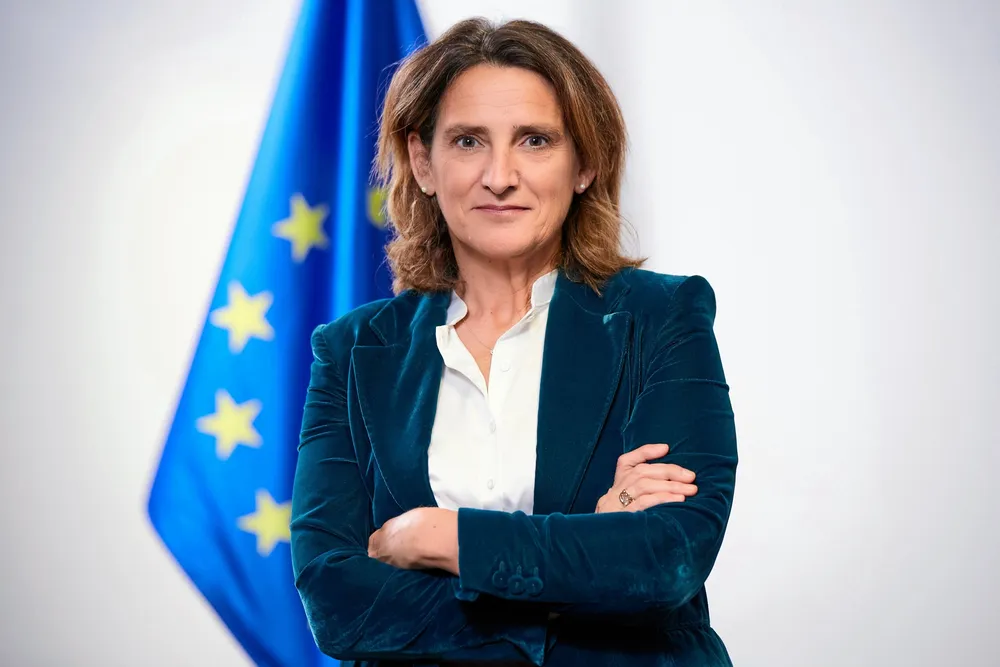EU 'split over state-aid for cleantech' as China ratchets up competition
Wind turbine manufacturing is one of the sectors that could be affected by a relaxing of EU rules on state aid for production costs

There is a reported high-level split within the European Union over whether to relax competition rules barring state aid for manufacturers of wind turbines, batteries and other clean tech products.
Some EU member states, most notably Germany and France, have sought more room for providing state aid to respond to competition from China, amid long-standing accusations that clean tech companies from that country enjoy robust state backing that encourages overproduction and, ultimately, price dumping.
The lobby for looser rules has been gaining momentum since the Covid pandemic and Ukraine war caused powerful headwinds, and particularly since Joe Biden's Inflation Reduction Act proved so successful in attracting clean tech investments to the US, sometimes to the perceived detriment of Europe.
EU competition rules are intended to maintain a level playing field for European member states to compete in a free market.
Yet growing competition from China has led the EU Commission to signal its willingness to rethink its rules on state aid, with new guidance on the topic expected later this month.
Battle lines have been drawn over the question of whether to allow state support for operating expenditure, according to the FT report, which cited four people with knowledge of the talks.
Stéphane Séjourné the French commissioner for industry, as well as officials working on climate and energy policy, are among those said to be pushing to allow more support for Europe's industrial base and for meeting climate targets.
A cross-party group of EU lawmakers also voiced concern in a letter sent to Ribera stating that “member states should be allowed to design transparent, predictable production-based schemes for cleantech manufacturing in sectors of strategic importance and common European interest”.
On the other hand, the competition directorate has questioned the long-term benefits of expanding state aid, arguing that it does not provide the right incentives for companies to be competitive.
Critics also question the inclusion of French-backed “resilience criteria” aimed at pushing governments to prioritise European companies in their procurement procedures.
Ribera’s team argues it is not possible to force member states to prioritise European goods through state-aid rules, while one member of that team told the newspaper the commission was “working hard” to ensure the objectives of the bloc’s clean industrial policies “are effectively supported” by the revised state-aid rules.
Ribera, a former Spanish minister for climate and energy transition, is supported by several smaller member states who fear that their own clean tech sectors will struggle to compete if the rules on state aid are relaxed.
(Copyright)